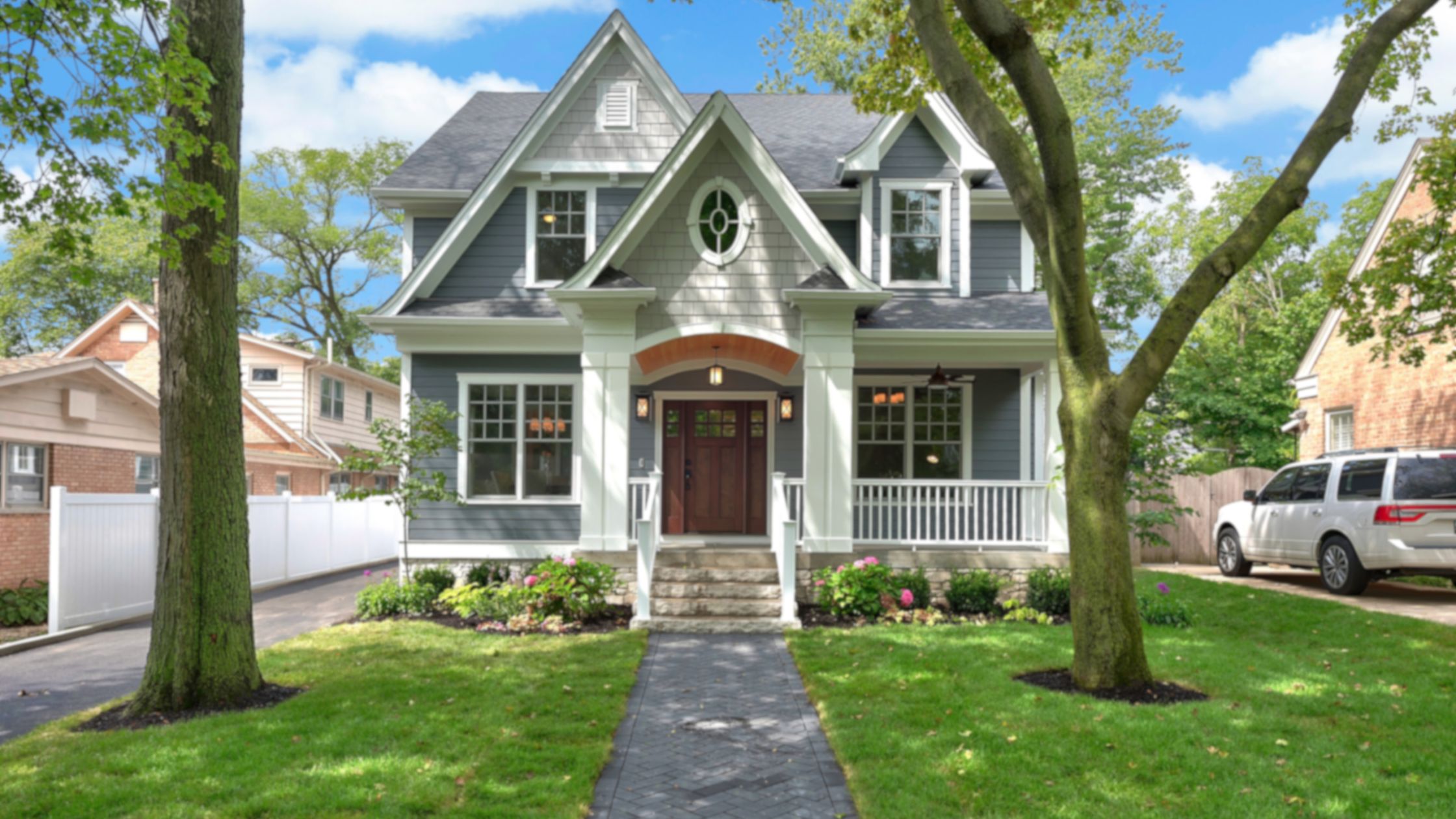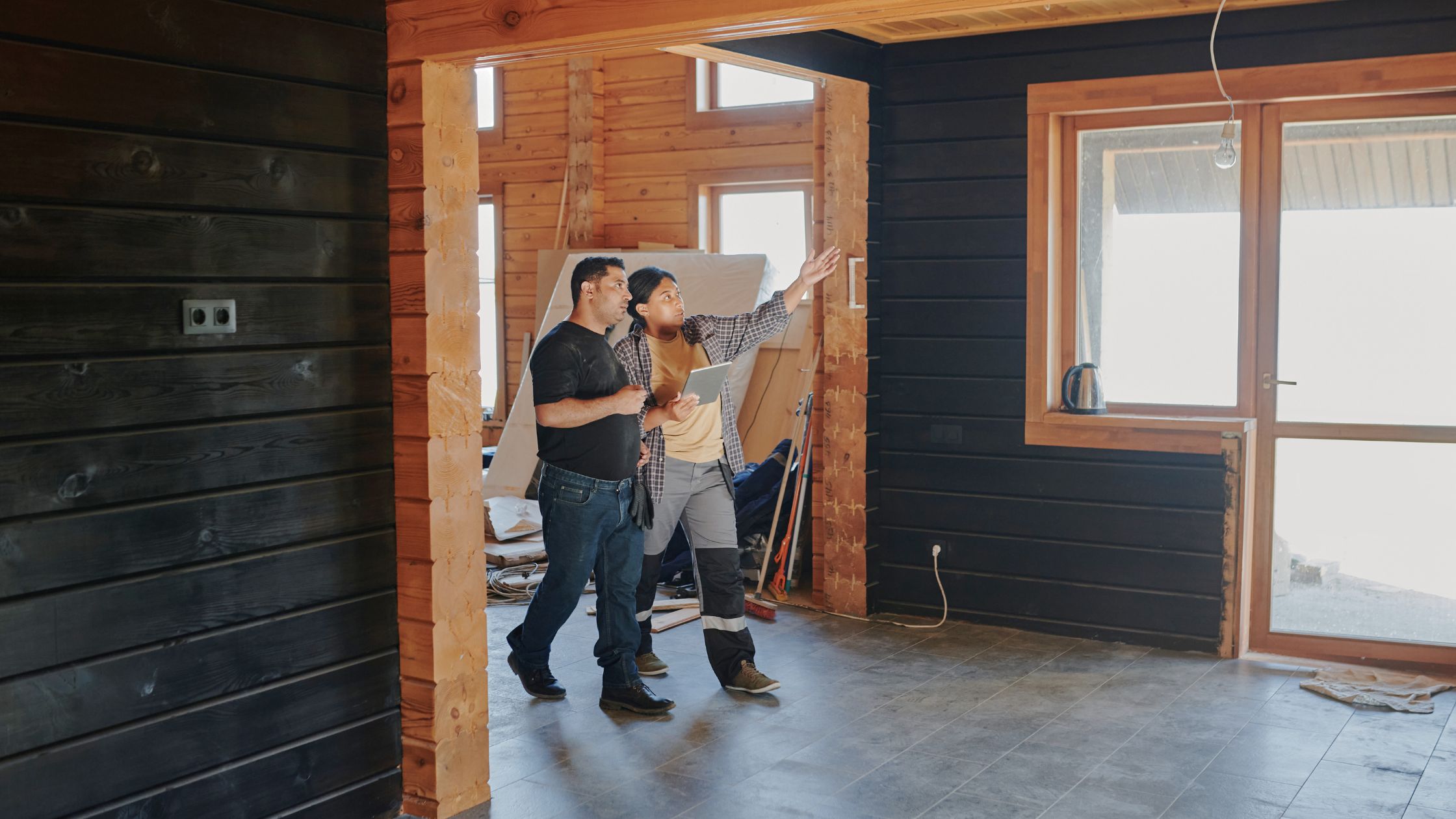Case Study: From Renter to Owner – A First-Time Buyer’s Journey in Chicago
Case Study: From Renter to Owner – A First-Time Buyer’s Journey in Chicago
Navigating the fast-paced and diverse Chicago real estate market can be daunting for first-time homebuyers. This article explores a comprehensive case study of a renter transitioning to an owner, detailing each step and providing valuable insights into the process. You will learn about essential factors such as understanding neighborhood characteristics, financial considerations, and the importance of mortgage pre-approval.
Importance of Mortgage Pre-Approval
Obtaining mortgage pre-approval is crucial for first-time buyers in Chicago. It demonstrates your seriousness to sellers and helps determine affordability, setting clear parameters on what you can realistically purchase. This vital step can significantly streamline your home-buying journey by providing a solid foundation upon which further decisions can be made.
Renovation Considerations Post-Purchase
Once you’ve successfully transitioned from renter to owner, the next phase often involves making the house your own through renovations. This is where understanding how to choose the best materials for your Illinois renovation becomes crucial. The right materials not only enhance the aesthetic appeal of your home but also ensure durability and cost-efficiency over time.
Moreover, if you’re considering a kitchen remodeling, there are specific aspects that need careful planning and execution.
For those looking to add more space and light into their homes, planning a sunroom addition could be an excellent option. Such an addition not only increases the value of your property but also maximizes natural light, creating a warm and inviting atmosphere.
However, remodeling isn’t just about aesthetics; it’s also about efficient management of resources and timelines. Following an Illinois remodeling roadmap can provide you with a structured approach to your renovation project, ensuring budget planning, adherence to regulations, careful contractor selection, and overall project management success.
Understanding the Chicago Real Estate Market
Understanding the Chicago real estate market is crucial for first-time buyers. Home prices in Chicago can vary significantly across different neighborhoods, largely influenced by location and amenities. In popular areas such as Lincoln Park, Lakeview, and West Loop, you can expect home prices to range from $500,000 to $800,000. However, neighborhoods like Logan Square and Wicker Park offer a more affordable range, with prices typically between $300,000 and $600,000.
Popular Neighborhoods for First-Time Buyers:
- Lincoln Park: Known for its vibrant community and proximity to parks and schools. It offers a mix of historic homes and modern condos.
- Wicker Park: Famous for its artistic vibe and trendy shops. It provides a variety of housing options from vintage apartments to new constructions.
- Hyde Park: Home to the University of Chicago, it boasts a rich cultural scene and diverse architectural styles.
- Lakeview: Renowned for its bustling streets lined with cafes, shops, and nightlife. Offers a mix of single-family homes and high-rise condos.
- Logan Square: Appreciated for its historic charm and green spaces. It has become increasingly popular among young professionals.
Recent Trends in the Chicago Real Estate Market:
The Chicago real estate market has seen various trends that first-time buyers should note:
- Market Dynamics: There’s been a notable increase in demand for homes in suburban areas surrounding Chicago as remote work becomes more common.
- Inventory Levels: A lower inventory of available homes has driven up competition among buyers, often leading to bidding wars.
- Price Appreciation: Home values have steadily increased annually due to high demand coupled with limited supply.
First-time buyers must stay informed about these trends to navigate the market effectively. By understanding the nuances of different neighborhoods and staying updated on current market conditions, you’ll be better positioned to make informed decisions about your home purchase in Chicago.
For those considering a more flexible living situation before making a purchase, it’s worth exploring renting in Illinois, which offers valuable insights into the state’s evolving home rental trends.
Moreover, understanding how to create a family-friendly layout can also be beneficial when purchasing your first home. This kind of knowledge can help you make necessary improvements that suit your family’s needs.
Finally, staying updated with the latest housing market news can provide further assistance in your home buying journey.
Financial Considerations for First-Time Buyers
Understanding Property Taxes in Cook County
Property taxes in Cook County often surprise first-time buyers. Chicago’s property taxes are among the highest in Illinois, directly impacting monthly mortgage payments and long-term affordability. On a $500,000 home, annual property taxes can range from $7,000 to $10,000 or higher depending on the neighborhood, recent assessments, and exemptions. Homeowners should review Cook County’s tax estimator tools and factor projected increases into their budgets. Exemptions such as the Homeowner Exemption or Senior Citizen Homestead Exemption can provide partial relief, but it’s critical to budget conservatively due to fluctuations.
Accounting for Closing Costs
Closing costs add another layer of expense at the end of a real estate transaction. In Chicago, these typically include:
- Loan origination fees
- Title insurance
- Appraisal and inspection fees
- Attorney fees (a common requirement in Illinois)
- Transfer taxes (city and county)
- Prepaid property taxes and homeowners insurance
Buyers should expect closing costs to total 1.5%–2.5% of the purchase price—on a $600,000 condo, that could mean an additional $9,000 to $15,000 upfront. Some costs are negotiable between buyer and seller; others are fixed by local law.
Exploring First-Time Buyer Assistance Programs
First-time buyer assistance programs make homeownership more accessible in Chicago:
- Illinois Housing Development Authority (IHDA) Access Mortgage Programs: Offer down payment assistance up to $10,000 for qualified buyers who meet income and purchase limits.
- Chicago Housing Authority Down Payment Assistance Program: Grants up to $20,000 for down payment or closing costs—available to eligible CHA residents.
- Cook County Homebuyer Assistance Program: Provides forgivable loans for down payment/closing costs to qualified first-time buyers.
- HUD-approved nonprofit agencies: Organizations such as Neighborhood Housing Services of Chicago guide buyers through education requirements and connect them with resources.
Eligibility often requires completion of an 8-hour HUD-certified homebuyer education course, proof of income within program thresholds, and a minimum personal investment toward the purchase. These programs are competitive—early application is essential for success.
A clear understanding of these financial realities equips you to avoid surprises throughout your buying journey. The next step is mastering the homebuying process from pre-approval to negotiation.
Once you’ve settled into your new home, you might want to consider exploring Illinois homeowner programs that offer resources for affordable remodeling. Such programs can assist with essential home repairs or even help in transforming older Illinois properties into modern living spaces.
Additionally, if you’re looking at ways to lower energy costs, there are practical renovation ideas that can improve overall energy efficiency of your home. You could also consider some eco-friendly remodeling options for sustainable upgrades.
Lastly, don’t underestimate the importance of enhancing your home’s exterior for better curb appeal. There are several strategies available that focus on improving the curb appeal of your property.
The Homebuying Process: Step by Step Guide
Home Loan Application Process
Securing a mortgage starts with building a strong financial foundation and gathering essential documents. Lenders in Chicago expect you to provide:
- Proof of Income: Pay stubs, W-2s or 1099s, and sometimes tax returns for the past two years.
- Proof of Assets: Recent bank statements, retirement account statements, and documentation of any gift funds.
- Credit Information: Social Security number for credit checks; be prepared to explain any negative marks.
- Employment Verification: Contact information for employers and documentation if you’ve recently changed jobs.
Pre-approval is a critical milestone. This step demonstrates to sellers that you are a serious buyer with verified purchasing power. Most lenders issue a pre-approval letter within a few days after reviewing your documentation. In Chicago’s competitive market, presenting this letter with your offer signals confidence to sellers and can give you an edge over other buyers.
Realtor Selection Tips
Working with the right realtor makes all the difference, especially if you’re navigating Chicago’s diverse neighborhoods for the first time. Look for:
- Experience With First-Time Buyers: Agents who specialize in helping newcomers understand the process, paperwork, and negotiation strategies.
- Local Expertise: Deep knowledge of neighborhoods such as Lakeview, West Loop, or Logan Square means better insight into pricing trends and property values.
- Strong Communication Skills: You want someone who keeps you informed at every stage and explains complex terms without jargon.
- References & Reviews: Ask for testimonials from past first-time buyers or check platforms like Zillow and Google for unbiased feedback.
Tip: Interview at least two or three realtors before deciding. Chemistry matters—this is someone who will advocate for your interests from start to finish.
Making an Offer on a Property
When you find a home that fits your needs, crafting a compelling offer becomes the next step. A typical offer package includes:
- Offer Price & Pre-Approval Letter
- Earnest Money Deposit Amount
- Contingency Clauses
- Inspection contingency protects you if issues arise after inspection.
- Appraisal contingency ensures the home’s value matches the offer price.
- Personal Letter to Seller (Optional)
- Briefly introduce yourself and share what you love about their home—human connection can sway decisions in competitive situations.
Negotiating with sellers often involves counteroffers on price, closing dates, or repair requests. Lean on your realtor’s local experience to guide these conversations—Chicago’s market moves fast, so prompt communication is key.
“Our agent helped us craft an offer that stood out—not just on price but by showing flexibility on the closing date,” shares Maya, who recently transitioned from renting in Wicker Park to owning her first condo in Lakeview.
The Importance of Home Improvement Grants
As a new homeowner in Illinois, you might want to consider securing Illinois grants for home improvement which can significantly ease your financial burden when undertaking major renovations or remodeling projects. These grants can cover various aspects of home improvement including energy efficiency upgrades which are not only cost-effective but also beneficial for the environment.
Moreover, understanding Illinois Home Energy Efficiency Grants can further assist you in making eco-friendly improvements while potentially qualifying for additional financial support.
Post-Purchase Responsibilities and Community Engagement
Registering Utilities in Your Name
Once you’ve closed on your new property, it’s crucial to ensure the utilities are properly transferred to your name. Here’s a step-by-step guide to help you through the process:
- Gather Necessary Information: Have your closing documents ready, including your new address and account numbers.
- Contact Utility Providers: Reach out to local utility companies such as ComEd (electricity) and Peoples Gas (gas). You can usually do this online or via phone.
- Provide Documentation: Submit any required forms or identification to verify ownership and residency.
- Schedule Service Activation: Set up dates for transfer or activation of services to avoid any interruptions.
Utility registration is an essential step to ensure you’re settled comfortably in your new home with all necessary services functioning seamlessly.
Updating Voter Registration
Changing your voter registration details after moving ensures you remain eligible to vote in local elections. Follow these steps:
- Visit the Election Authority Website: Go to the Cook County Clerk’s website or the Illinois State Board of Elections site.
- Fill Out Change of Address Form: Complete the online form with your new address details.
- Submit Proof of Residency: Attach supporting documents if required, such as a utility bill or lease agreement.
- Confirm Registration: Check back after a few days to confirm that your information has been updated.
Keeping your voter registration current guarantees that you can participate in local and national elections effectively.
Engaging with Your Local Community
Active participation in community events and organizations offers numerous benefits for homeowners:
- Networking Opportunities: Meet neighbors and local leaders, fostering connections that can be valuable for personal support and professional growth.
- Stay Informed: Gain insights into neighborhood developments, safety updates, and community resources by attending local meetings.
- Contribute Meaningfully: Volunteer for local initiatives like clean-up drives, school programs, or resident associations to make a positive impact.
Being involved in your community enhances your sense of belonging and provides pathways to contribute positively to the neighborhood’s growth and well-being.
Transforming Your New Home
In addition to settling into your new home, you may also consider making some renovations or improvements. For instance, transforming your basement into a functional living space can provide additional living areas such as family rooms or guest suites. This not only enhances the livability of your property but also adds value.
Furthermore, if you’re considering a bathroom makeover, there are several essential factors to plan, design, and execute a stress-free renovation. Whether it’s choosing the right bathroom tiles or selecting suitable fixtures, these changes can significantly improve your home’s comfort and functionality.
Support Systems Available for First-Time Buyers in Chicago
Chicago offers a robust network of HUD-approved Housing Counseling Centers that guide first-time buyers through the complexities of homeownership. These organizations provide expert advice on budgeting, mortgage options, and foreclosure prevention. You can access support at these key locations:
Neighborhood Housing Services of Chicago
1279 N. Milwaukee Ave, 4th Floor
Phone: (773) 329-4111Spanish Coalition for Housing
199 N. Pulaski Rd, Suite 2
Phone: (773) 342-7575LUCHA (Latin United Community Housing Association)
3541 W. North Ave
Phone: (773) 489-8484
These centers offer bilingual services, group workshops, and one-on-one counseling sessions to help you navigate the Chicago homebuying landscape.
In addition to these resources, it’s important to be aware of the broader housing market trends in Illinois. The state is considering a middle-income housing program aimed at making home ownership and rental more affordable for middle-income residents. However, potential buyers should also understand that Illinois has been experiencing one of the most unstable housing markets in recent times, which could impact their buying decisions.
For those looking to invest in a property that offers more than just basic amenities, exploring [smart home technology](https://illinoisrdn.com/smart-home-technology-upgrading-your-illinois-house-with-automated-systems) could be beneficial. This modern way to upgrade your living space with automated systems enhances convenience, security, and energy efficiency.
Conclusion
Becoming a homeowner in Chicago is an achievable goal for renters who are ready to take the next step. By understanding the local real estate market, preparing financially, and leveraging available resources, you can navigate the homebuying process with confidence.
Explore the resources mentioned in this article:
- Local housing counseling centers
- Online courses offered by nonprofit organizations like NeighborWorks America
These tools provide invaluable assistance to guide you from renter to owner. Your journey towards homeownership starts now. Embrace this exciting new chapter with informed decisions and support at your disposal.
news via inbox
Nulla turp dis cursus. Integer liberos euismod pretium faucibua








